
Turkey tail mushrooms have been used in traditional medicine for centuries, prized for their ability to support the immune system, improve gut health, and potentially possess anti-tumor properties. As one of the most researched medicinal mushrooms, turkey tail is rich in protein-bound polysaccharides, antioxidants, and immune-boosting compounds that enhance immune responses.
Turkey tail mushroom extract enhances immune function and supports cancer treatment, particularly for colorectal cancer patients undergoing radiation therapy. It is also being explored for its potential to reduce oxidative stress, balance gut microbiomes, and lower blood sugar levels. Overall, turkey tail mushrooms may improve immune response and aid digestion, making high-quality sources essential for maximum benefits.

Turkey tail mushrooms, scientifically known as Trametes versicolor, are a type of polypore fungus commonly found on decaying hardwood trees worldwide. Their distinctive fan-shaped appearance, with rings of multiple colors, resembles a turkey’s tail, giving them their name. Unlike some medicinal mushrooms, turkey tail mushrooms are not typically consumed whole due to their tough, leathery texture, but they are often extracted into powders, teas, and capsules for easier consumption.
Studies suggest that turkey tail mushrooms contain bioactive compounds that contribute to their immune-boosting properties and potential role in cancer treatment.
Polysaccharopeptides (PSP and PSK): These protein-bound polysaccharides have been extensively studied for their ability to modulate immune cells and enhance immune function.
Beta-glucans: These complex sugars support immune health by stimulating white blood cell activity and promoting a strong immune system.
Antioxidants: Turkey tail mushrooms help reduce oxidative stress, which can protect cells from damage and support overall health.
One of the most well-documented benefits of turkey tail mushrooms is their ability to enhance immune function. The protein-bound polysaccharides found in turkey tail mushrooms stimulate immune cells such as macrophages, dendritic cells, and white blood cells, helping the body fight infections and diseases more effectively.
Boost immunity by stimulating immune response and increasing white blood cell activity
Promote a strong immune system by enhancing white blood cell production
Help regulate immune function in individuals undergoing cancer treatment
Turkey tail mushrooms have gained attention for their potential role in cancer treatment alongside chemotherapy. Research suggests that polysaccharide-K (PSK) and polysaccharide-peptide (PSP) may have anti-tumor properties that support immune function and enhance cancer treatment effectiveness.
Studies have shown that turkey tail mushrooms can aid in the recovery of immune function after radiation therapy and enhance chemotherapy effectiveness for breast cancer patients. Additionally, the therapeutic effects of turkey tail mushrooms as complementary treatments have been evaluated in studies on colorectal cancers. For gastric cancer patients, these mushrooms have demonstrated potential anticancer properties and benefits as complementary therapies to standard treatments. However, there is a need for further investigation into the therapeutic effects of turkey tail mushrooms for lung cancer.
May help fight certain cancers, including colorectal cancer, breast cancer, and gastric cancer
Support immune response in cancer patients undergoing radiation therapy
Work as an adjuvant therapy, potentially improving survival rates in colorectal cancer patients
Turkey tail mushrooms continue to be studied for their ability to support cancer patients by enhancing immune function, reducing inflammation, and working as an adjuvant therapy. While more research is needed, the existing evidence suggests that turkey tail mushrooms may offer beneficial effects when used alongside conventional cancer treatments.
Turkey tail mushrooms offer significant benefits for gut health by acting as a natural prebiotic. The polysaccharides in turkey tail, particularly beta-glucans, help nourish beneficial bacteria in the gut microbiome while reducing the presence of potentially harmful bacteria. A balanced gut microbiome is essential for digestion, nutrient absorption, and overall immune system function.
Feeds beneficial bacteria in the gut microbiome, promoting a balanced digestive system
Helps improve gut health by reducing harmful bacteria like helicobacter pylori, which is linked to gastroesophageal reflux disease
May aid in digestion by supporting the gut lining and reducing inflammation
By nourishing the gut microbiome, turkey tail mushrooms contribute to improved digestion, a stronger immune system, and reduced inflammation in the digestive tract.
Turkey tail mushrooms contain a variety of antioxidants that help reduce oxidative stress and protect cells from damage. Oxidative stress occurs when the body produces more free radicals than it can neutralize, leading to inflammation, aging, and various chronic diseases. The antioxidants in turkey tail help counteract this process, supporting cellular health and longevity.
Rich in antioxidants that protect cells from free radical damage
May reduce oxidative stress, which is linked to aging and chronic diseases
Supports overall immune health by reducing inflammation
By incorporating turkey tail mushrooms into a daily routine, individuals can benefit from enhanced antioxidant protection, reduced inflammation, and improved immune response.
Turkey tail mushrooms are generally safe for most people when consumed in appropriate amounts. However, as with any supplement, there are potential health risks, especially for individuals with certain medical conditions or those taking specific medications. While turkey tail mushroom extract offers many health benefits, it is essential to consider potential interactions and side effects before incorporating it into a daily routine.
Individuals with autoimmune diseases should consult a healthcare professional before use, as turkey tail mushrooms can enhance immune function, potentially overstimulating the immune system.
People taking diabetes medications should monitor their blood sugar levels closely, as turkey tail extract may lower blood sugar levels.
Patients undergoing cancer treatment should discuss turkey tail supplementation with their oncologist to ensure it complements, rather than interferes with, traditional treatments.
Those with mushroom allergies should avoid turkey tail mushrooms, as they may experience allergic reactions.
Mild digestive discomfort, including bloating or gas, may occur in some individuals.
Possible drug interactions with immune-suppressing medications or certain chemotherapy drugs.
Rare cases of severe allergic reactions have been reported, though they are uncommon.
Turkey tail mushrooms provide numerous health benefits, but individuals with underlying health conditions or those on medication should consult a healthcare professional before starting supplementation.
With the increasing demand for medicinal mushrooms, the market is flooded with products of varying quality. Choosing a reliable source is crucial to ensure potency, purity, and effectiveness. Non Fungible Mushrooms offers high-quality turkey tail mushroom extract, sustainably sourced and tested for purity.
100% pure turkey tail mushroom extract, free from artificial additives or fillers
Sustainably harvested to ensure long-term availability of medicinal mushrooms
Third-party lab tested for contaminants, ensuring safety and potency
Rich in polysaccharopeptides, beta-glucans, and antioxidants to maximize health benefits
Only whole turkey tail mushroom fruiting bodies are used, avoiding low-quality mycelium-based products
Mushroom extracts are standardized for bioactive compounds to ensure consistency
Strict adherence to ethical and sustainable sourcing practices
Third-party lab testing ensures every batch meets quality standards
Thousands of satisfied customers report improvements in immune health, gut microbiome balance, and overall well-being
Educational support to help customers make informed choices about their health
Choosing Non Fungible Mushrooms ensures that individuals receive the highest-quality turkey tail mushroom extract, allowing them to experience its full range of health benefits safely and effectively.
To fully experience the health benefits of turkey tail mushrooms, it is important to use them correctly. Whether consumed as a tea, powder, capsule, or tincture, the way in which turkey tail mushroom extract is prepared can influence its effectiveness.
Best Ways to Take Turkey Tail Mushrooms

Capsules and Tablets: Convenient for daily use and typically standardized for consistent potency.
Powdered Extracts: Can be added to smoothies, soups, or coffee for easy integration into a diet.
Teas and Decoctions: Whole turkey tail mushroom can be boiled to extract beneficial compounds.
Tinctures and Liquid Extracts: Alcohol-based extracts provide a highly concentrated dose of turkey tail’s active compounds.
General immune health: 1 to 3 grams of turkey tail mushroom extract per day, notes VeryWell Health.
Support for cancer patients: Higher doses may be used under the supervision of a healthcare professional.
Gut health benefits: 1 to 2 grams per day to improve gut microbiome balance.
Morning: To support energy levels and immune function throughout the day.
Evening: For gut health benefits, as the gut microbiome is most active at night.
With meals: To aid digestion and nutrient absorption.
Using turkey tail mushrooms consistently in the right form and dosage ensures that individuals can maximize their immune health, gut microbiome balance, and overall well-being.
Turkey tail mushrooms provide numerous health benefits, including immune support, improved gut health, and potential complementary therapy in cancer treatment. They stimulate immune cells, enhance microbiome diversity, and reduce oxidative stress, making them a valuable addition to wellness routines.
Research continues to investigate their role in cancer treatment alongside chemotherapy and their anti-tumor properties, although more studies are needed for complete understanding. It's crucial to choose a high-quality, lab-tested turkey tail supplement for safety and effectiveness.
Non Fungible Mushrooms offers sustainably sourced, third-party tested turkey tail extract to help individuals access these health benefits. With a strong history in traditional medicine and robust scientific backing, turkey tail mushrooms are among the most effective medicinal mushrooms available.